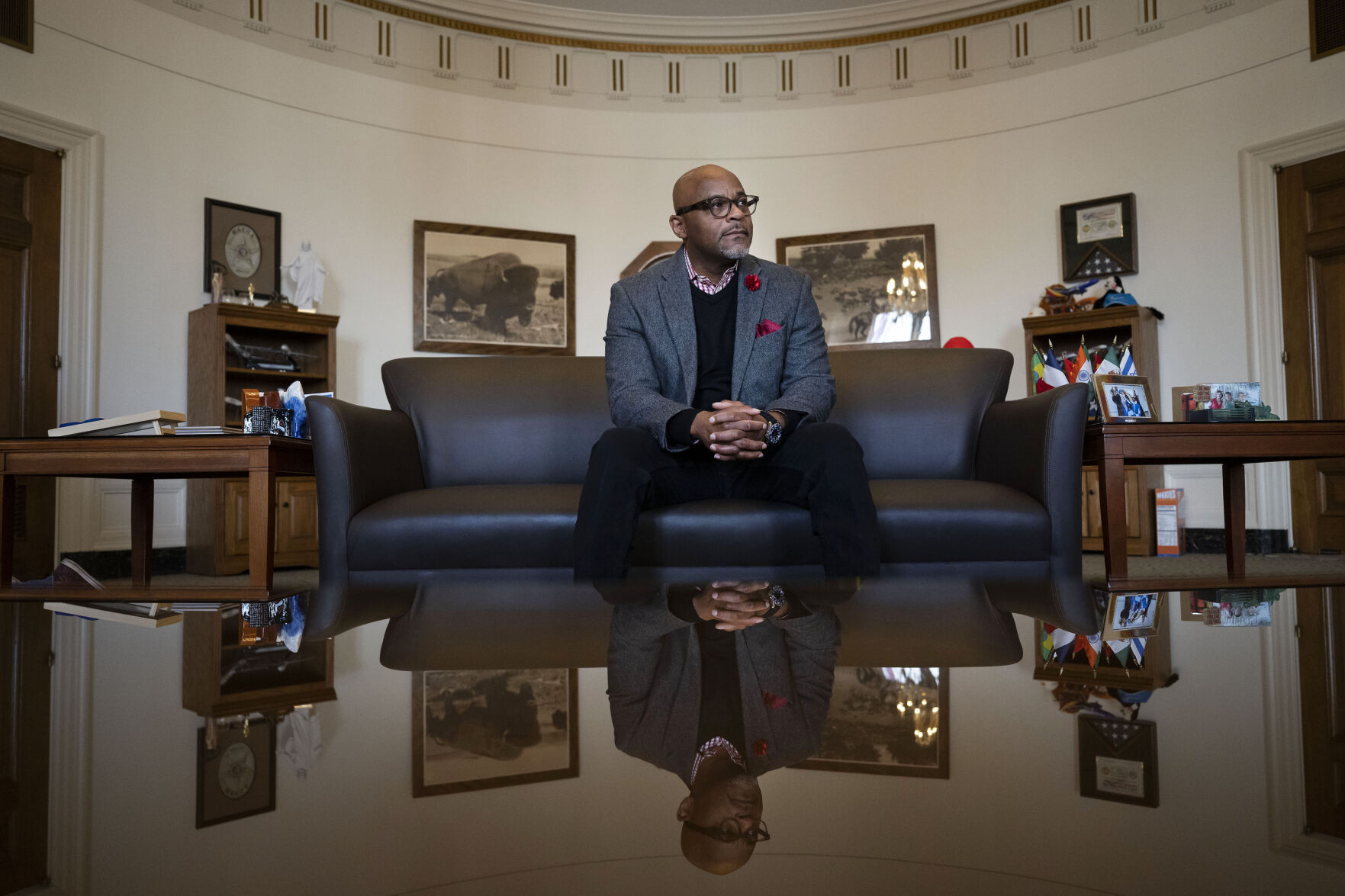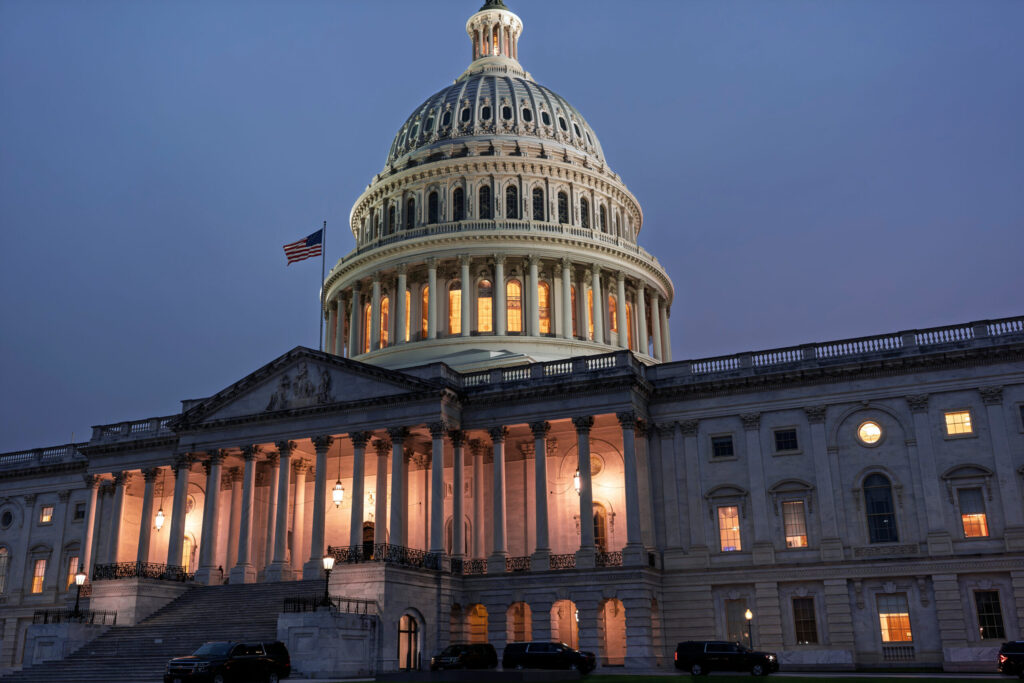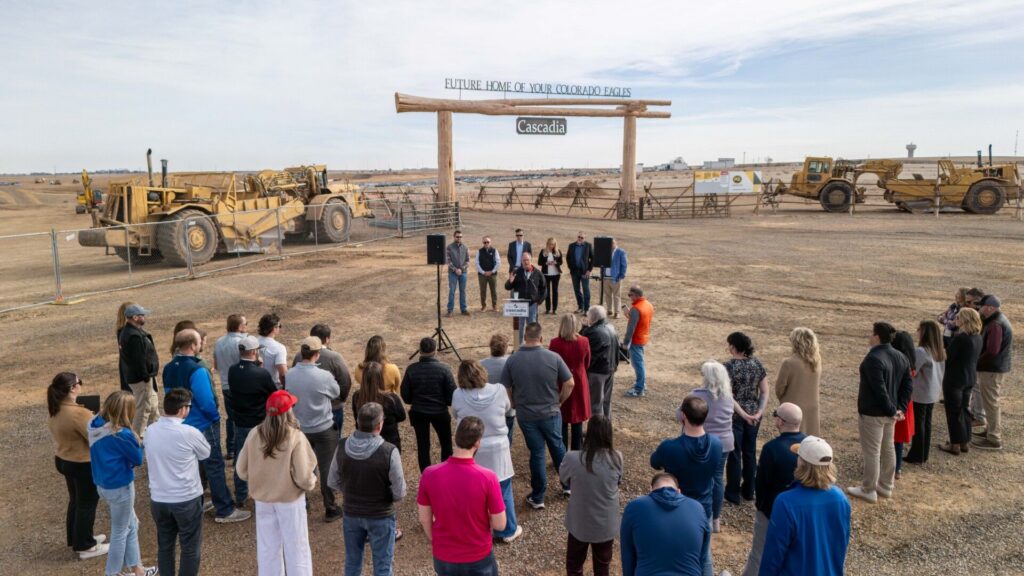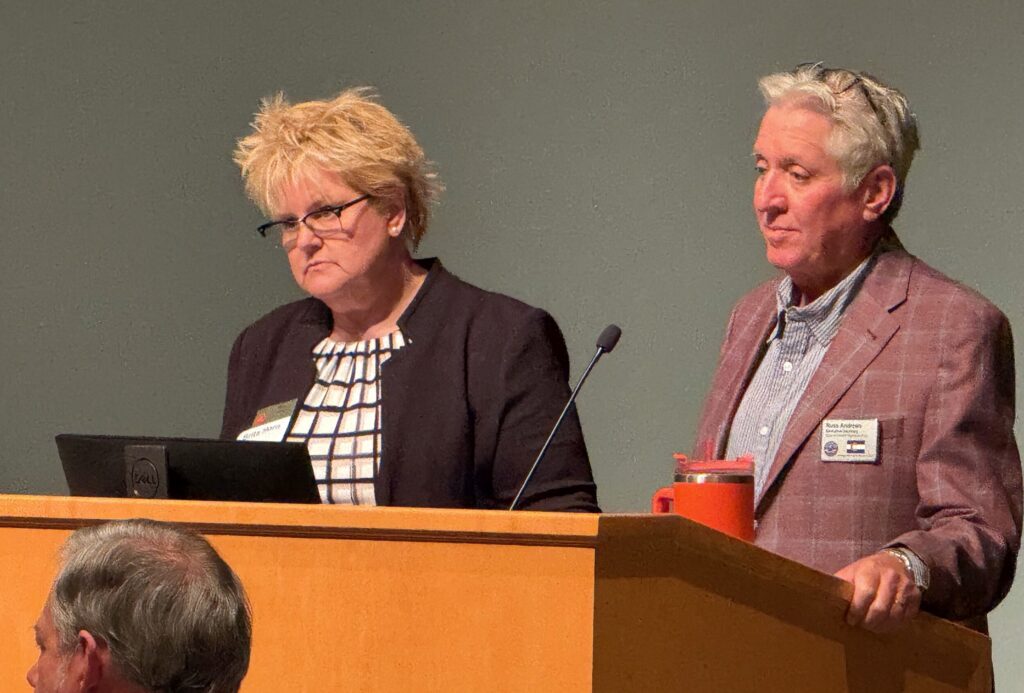12 years in City Hall: Denver Mayor Michael Hancock’s triumphs and failures

Outgoing Mayor of Denver, Michael Hancock, sits down with Denver Gazette for exclusive interviewTom HellauerTomHellauer
tom.hellauer@denvergazette.com
https://secure.gravatar.com/avatar/a3dc80c0a9d47d671f1f3da872cc0a06?s=100&d=mm&r=g
Denver Mayor Michael Hancock knows what he’ll regret most from his three terms as the most powerful elected leader in Denver: Thanksgiving, 2020, when Hancock was caught traveling in the thick of a raging pandemic despite having urged the public to stay home.
He wanted to keep a promise to his daughter, he said, having assured her over the summer he would do his best to visit for Thanksgiving. So he went – despite his community needing a mayor who led by example “during these very dark, difficult moments,” and against the advice of staff.
“That’s a moment that, quite frankly of everything, of any misstep that I’ve had, is the one I regret the most,” he said, calling the incident the biggest lesson in his 12 years as mayor.
His “most painful moments” occurred when he made the job about himself, he said in an expansive interview with The Denver Gazette. He tried to learn, keeping in mind people will not only judge him for his decisions but also on how he responds when held accountable.
“For any elected official, the most dangerous moment is when your service becomes about you and not the people who brought you here,” Hancock said.
2022 Mayor’s Awards honor underrepresented arts leaders
Twelve years later
Hancock tried to approach his job with a focus on serving Denver, not being served, he said.
Now he is entering the final months of a 12-year run as mayor. His leadership generated heaps of praise from colleagues who knew him as a devoted and steadfast public servant, but also criticism from those who saw him as a member of the political establishment that let Denver’s most vulnerable down.
Hancock helped put Denver on the world map. His efforts attracted international businesses to town, expanded Denver International Airport’s connectivity to the globe, and pulled the city through economic recessions. New residents flocked to Denver as its popularity as a place to live and work soared.
Traveling during the pandemic was one of the major controversies during his tenure, but, in his words, Denver voters have been forgiving. He won re-election – twice.
The first real controversy Hancock faced revolved around accusations of soliciting a Denver prostitution ring after winning a runoff in 2011. Dozens of protesters and other public officials called for his resignation, according to reports at the time.
In 2019, he faced stiff competition from Jamie Giellis – but won in a runoff. The victory followed allegations of sexual harassment, in which Hancock admitted to sending inappropriate messages to a female member of his security detail.
Hancock regarded moments of controversy as ones to remember and learn from, he said.
“I look at those mistakes as moments where you’d be judged not only about a mistake you made but about how you respond, and I tried to respond with honesty, and integrity and transparency,” he said.
He thinks Denverites approved of how he handled controversy. The significance of that wasn’t lost on him.
“I never took for granted their vote,” Hancock said. “People have seen that over the years I didn’t come to be served. I came to serve.”
Hancock’s service to Denver began by leading an uncertain city. Denver residents still acutely felt the fallout from the Great Recession in 2011, though Denver recovered more quickly than other major cities.
And Hancock would lead his city through – not one – but two recessions, as the COVID-19 pandemic rocked the nation’s economy.
In between, he faced gargantuan challenges magnified by Denver’s unique characteristics, notably a homelessness crisis that is spiraling out of control, a housing affordability challenge that is pricing low-income and often longtime residents out and a sense of resignation that soaring crime is here to stay – all happening amidst a population explosion that caught Colorado flatfooted.
District 2 Councilman Kevin Flynn said Hancock’s 12 years are “bookended” by severe economic downturns and he guided the city through them.
“It’s a testament to him and his finance staff’s ability to stay ahead of the crashing wave,” Flynn said.
An evolving mayor
One of Hancock’s first actions was controversial.
On May 17, 2012, he signed legislation prohibiting “unauthorized urban camping” on public and private spaces in Denver. Denver’s business community, particularly the Downtown Denver Partnership, backed the bill, which city councilmember Albus Brooks originally introduced.
In the coming decade, the policy would face multiple legal challenges and ample criticism.
Denver voters in May of 2019 soundly rejected Initiative 300, which sought to overturn the camping ban.
However, in December of that year, a Denver County Court judge ruled the city violated the 8th Amendment by the city’s conduct during encampment sweeps as part of the ban. The legal battles continued, and, in 2020, the district court reversed the previous decision. Last week, a judge dismissed the complaint.
All the while, Hancock has remained steadfast in his support of the ban.
“It is a immediate and almost absolute threat to public health and safety,” he said. “We have not gone into an encampment where we’ve not found public health threats.”
Weapons, feces and urine – or dangerous amounts of propane that could level a city block – have all been found in Denver encampments, Hancock said. He also referenced sexual assault and a culture of drug use as issues he believes fester within encampments.
“When my family experienced homelessness, I am grateful that no one said, ‘Go sleep outdoors,’ as opposed to trying to do everything they could to find temporary shelter for us and then help us to move to more stable transitionary housing,” Hancock said of the difficult circumstances during his years growing up.
In June 2012, Hancock said the ban was working and that those sleeping outside had gone to live indoors with family and friends. But in the decade since, homelessness exploded. Today, almost 7,000 people are homeless in the Denver metro, and the debate over what caused that explosion and how to address it rages on. What’s clear is that local governments, notably Denver, have poured significant resources into the crisis, which shows no signs of abating.
Legal battles aside, opponents of the ban insist it’s ineffective policy, a Band-Aid solution to a systemic problem that merely shuffles people from one site to another without successfully connecting them to an array of services.
Cathy Alderman, the chief communications and public policy officer at the Colorado Coalition for the Homeless, who started in her current role roughly a year after the camping ban passed, said Hancock, at that time, was “very committed to that being the way to deal with homelessness.”
The ban is “just as ineffective today as it was when it was passed,” Alderman argued, adding she has come to accept that she and the mayor will have to agree to disagree about the policy.
“We’ll keep talking about how bad we think the camping ban is, and it will stay in place under this mayor,” she said.
Despite his firm stance on camping bans, Hancock made real commitments and investment in supportive housing – an approach that combines housing with social services – and alternative shelters, Alderman said.
“This mayor has evolved a lot on those issues,” she said.
She believes the launch of the Social Impact Bond Initiative, which his administration championed, propelled this evolution. Working on the initiative helped cement his resolve on building supportive housing and “housing first” policies, she said.
Today, she sees Hancock as one of the biggest advocates for supportive housing.
“I think we’ve made a difference in hundreds of people’s lives because of that evolution,” she said.
Denver launched the Social Impact Bond in 2016. The Urban Institute, in collaboration with the city, randomly identified 724 homeless individuals in Denver. Of those, 363 were assigned to treatment and 285 (79%) were housed.
The study found that, of the 285 housed, most participants remained housed over the long term, shelter stays decreased dramatically and there were fewer and shorter stays in jail. Advocates described the the program as a resounding success and it eventually evolved into the Housing to Health program, which was recently extended. The program is partially funded by the national Social Impact Partnership Pay for Results Act.
Housing first principles – which prioritize quickly providing permanent housing, while connecting the homeless to services – have always been part of his values, Hancock said, adding that it was the new types of transitionary, temporary housing strategies that he eventually warmed up to.
“I was not about tiny homes, and then, of course, during COVID, we had to rethink that strategy,” he said. “There are safe outdoor sites, something else I had to warm up to.”
Relying on data is a hallmark of Hancock’s leadership style and his 12 years in office, according to at-large City Councilwoman Robin Kniech.
“The mayor has some deeply held values and he is willing to reevaluate policies, or the role of the city, in light of those values, especially when it’s backed up with some data,” she said. “He’s willing to do that even when it is hard, when it requires changing a position that he’s had for a long time.”
One of Hancock’s longtime critics sees things differently. Hancock and his administration rarely changed positions unless facing intense public scrutiny, mayoral candidate Lisa Calderón said.
Hancock has not served Denver at-risk and homeless populations well, said Calderón, who ran for mayor in 2019 and later became Councilmember Candi CdeBaca’s chief of staff before joining Emerge Colorado, a group that recruits and trains Democratic women who want to run for office.
Calderón claimed Hancock dispatched staff to work with the homeless rather than having firsthand conversations with them and that he tried to use law enforcement as a liaison, something they are not set up to do. Hancock, she said, governed over the homeless challenge at a distance, intentionally, to avoid direct scrutiny. Instead of a housing first approach, he took a shelter first approach, she said.
“This is someone who knows better. Who has lived through tough times and yet ushered in a very cruel policy,” she said.
Al Gardner jumps into Denver mayor’s race; 24 candidates now vying for the seat
Affordable housing
Denver’s struggle to address homelessness was interwoven with another pressing issue: Housing affordability.
The affordable housing crisis has been felt nationwide, but, in Denver, it has been especially acute. In March 2011, the median house price stood at just over $200,000. In the 12 years since, that value more than doubled to $560,000.
Surging housing costs became a crushing problem for Denverites, and the city’s low-income residents have felt the sting in particular.
Growth in homelessness is largely due to the cost of housing increasing, Alderman said. Focusing on economic development and tourism – early pillars of the Hancock administration – can sometimes get in the way of “keeping cities affordable for the people who live and work there,” she said.
Although important issues in their own right, Alderman said they need to be balanced with maintaining quality of life for existing residents.













